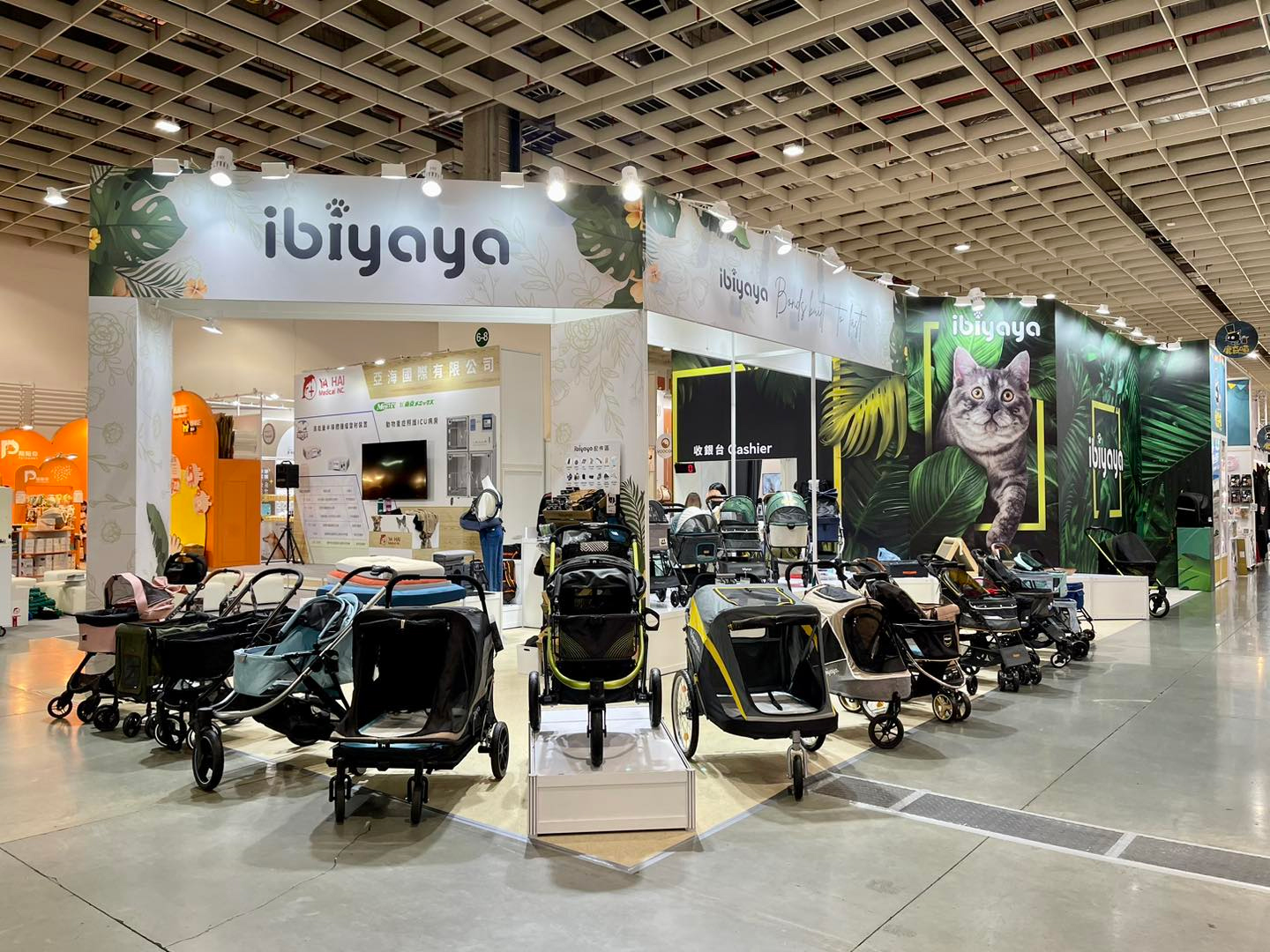Polyester fabric is a synthetic textile made from polyester fibers, which are derived from petroleum-based chemicals. It is one of the most widely used fabrics in the world due to its versatile properties and affordability. Polyester fabric can be found in various forms, including clothing, upholstery, bedding, and outdoor gear.

Polyester fabric offers several advantages that make it a popular choice for various applications like fabric for pet or dog stroller, bike cover, motorcycle cover, camping tent and a lot more. Some key advantages of polyester fabric include:
- Durability: Polyester is known for its high durability and resistance to stretching and shrinking. It retains its shape well, making it a long-lasting fabric that can withstand regular wear and tear.
- Wrinkle Resistance: Polyester is inherently resistant to wrinkles, which means clothing made from this fabric tends to maintain a smooth and neat appearance even after extended periods of wear.
- Quick Drying: Polyester has low absorbency, allowing it to dry quickly when wet. This characteristic makes it suitable for outdoor and sports clothing, as well as swimwear.
- Resistant to Mold and Mildew: Polyester is less susceptible to mold and mildew growth compared to natural fibers like cotton. This resistance makes it a good choice for outdoor and moisture-prone environments.
- Colorfastness: Polyester has excellent color retention properties. It resists fading, even after exposure to sunlight and multiple washes, making it a popular choice for vibrant and long-lasting colored fabrics.
- Low Maintenance: Polyester fabrics are generally easy to care for. They are machine washable and dry quickly, requiring minimal ironing or steaming to maintain their appearance
- Affordability: Polyester is often more cost-effective than natural fibers like silk or wool. This affordability makes it a popular choice for a wide range of applications, including mass-produced clothing and home textiles.
- Versatility: Polyester can be blended with other fibers to enhance specific properties. For example, polyester-cotton blends combine the durability of polyester with the breathability of cotton.
- Resistance to Chemicals: Polyester is resistant to various chemicals, making it less prone to damage from exposure to common household chemicals or environmental pollutants.
- Hypoallergenic: Polyester is generally hypoallergenic, making it a suitable choice for individuals with allergies or sensitivities to certain natural fibers.

Polyester is a versatile material that finds applications in various industries due to its favorable properties. Some of the industries relied on polyester are clothing, sports wear, bedding, curtains, upholstery, Geotextiles, automotive textiles (car interior and upholstery), outdoor gear like tent and camping bags and other gears. It is also favorite material for household items like rugs, towels, and carpets. In industrial application, it is being use as packaging for industrial products.

While polyester has these advantages, it’s essential to note that it also has some drawbacks, such as being less breathable than natural fibers and potentially contributing to microfiber pollution when washed. The choice of fabric depends on the specific requirements of the intended use. In medical application, it is favorite material for surgical gowns and grapes. In electronics application, it is very useful as insulation film to protect electronic component.



